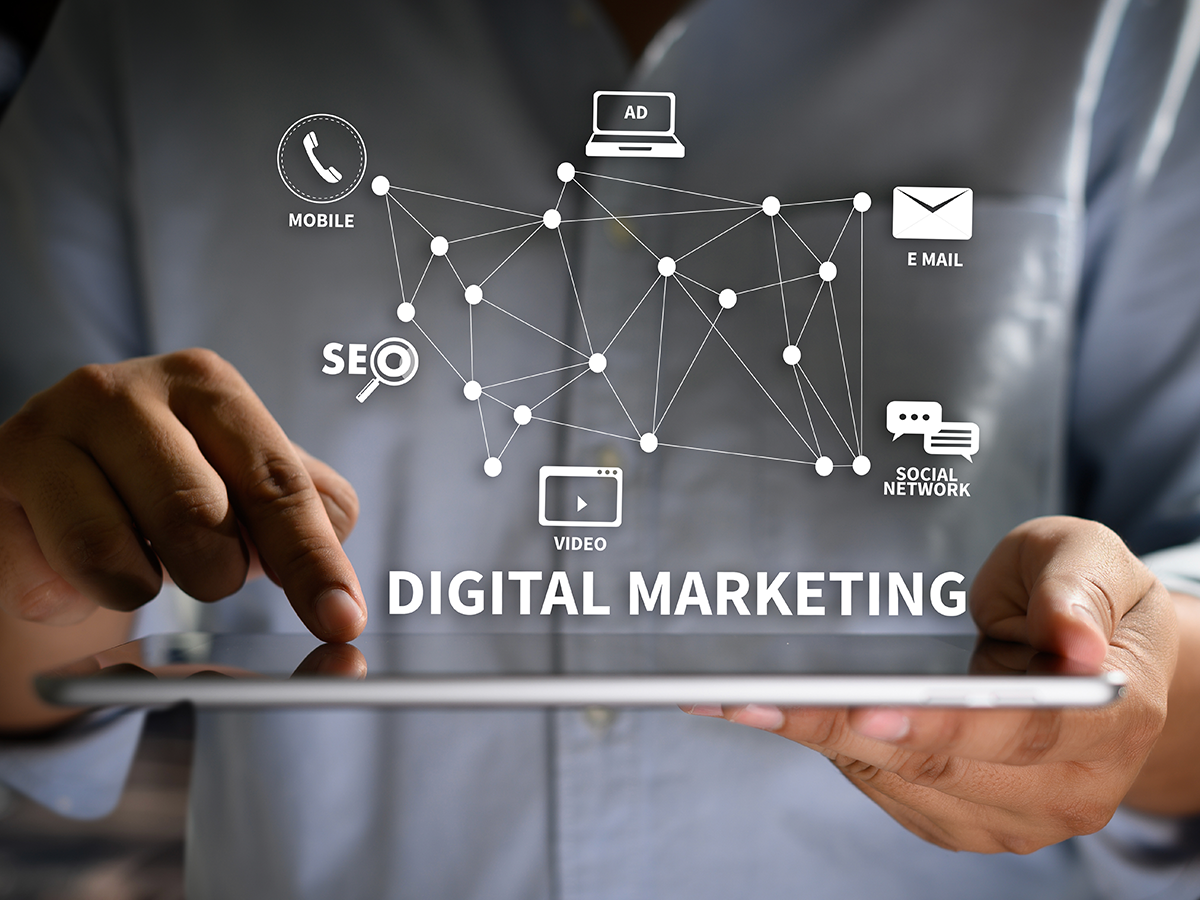Inquire
History of Digital marketing

Digital marketing has evolved significantly over the years. It began with the advent of the internet in the 1990s, when businesses started to explore online advertising through banner ads and email campaigns. Search engines like Yahoo and AltaVista also played a role.
In the early 2000s, Google AdWords introduced pay-per-click advertising, revolutionizing online marketing. Social media platforms like Friendster and MySpace emerged, offering new avenues for reaching audiences. The mid-2000s saw the rise of platforms like Facebook, YouTube, and Twitter, which further transformed digital marketing.
The concept of content marketing gained traction as brands started creating valuable content to engage customers. Mobile marketing became prominent with the rise of smartphones, leading to mobile apps, SMS marketing, and location-based services.
The 2010s witnessed the dominance of platforms like Instagram, Snapchat, and TikTok, emphasizing visual and short-form content. Influencer marketing also gained momentum during this period.
Personalization and data-driven marketing became crucial, utilizing user behavior and preferences for targeted campaigns. The introduction of marketing automation tools streamlined processes, while analytics platforms helped measure campaign effectiveness.
Today, digital marketing encompasses a wide range of strategies, including social media marketing, search engine

- Managerial Effectiveness!
- Future and Predictions
- Motivatinal / Inspiring
- Other
- Entrepreneurship
- Mentoring & Guidance
- Marketing
- Networking
- HR & Recruiting
- Literature
- Shopping
- Career Management & Advancement


 SkillClick
SkillClick